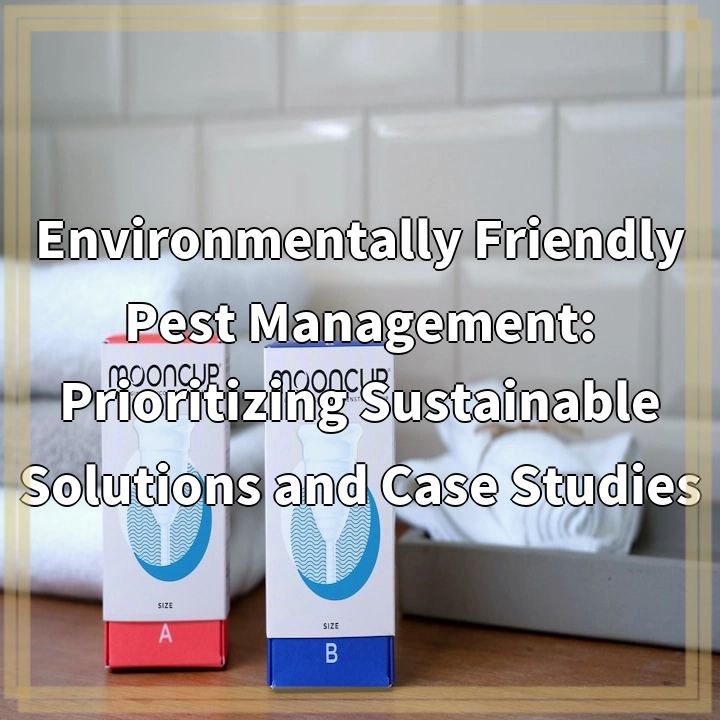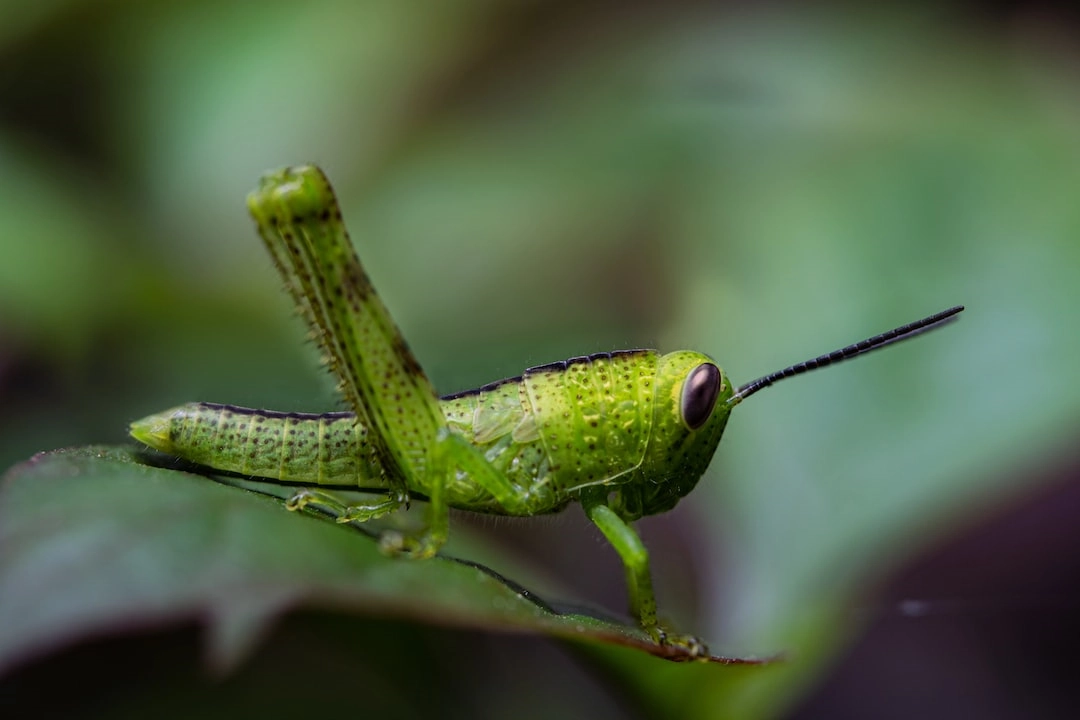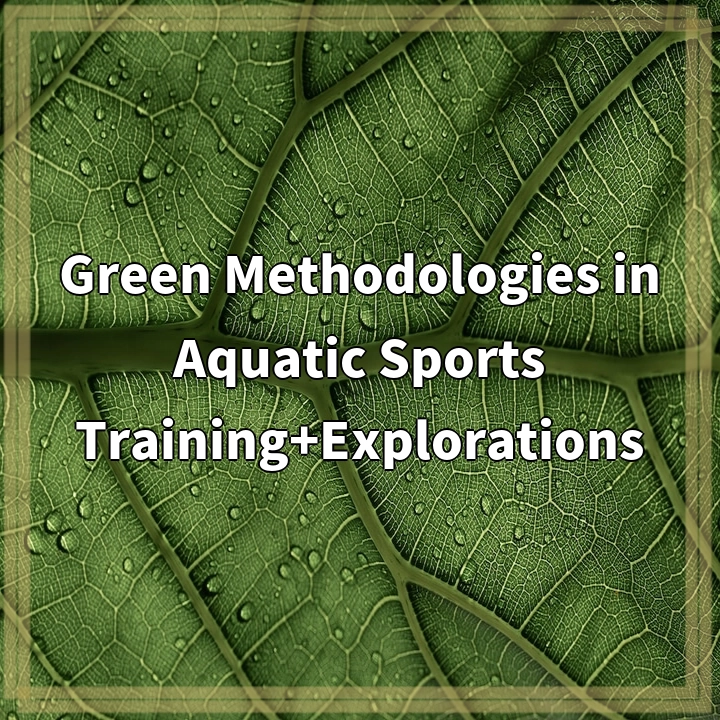
What is Environmentally Friendly Pest Management?
Environmentally Friendly Pest Management, also known as sustainable pest control, refers to the practice of utilizing methods and techniques that minimize harm to the environment while effectively managing pest populations. This approach focuses on the use of non-toxic or less toxic alternatives to conventional chemical pesticides, aiming to protect not only human health but also the overall ecosystem.
Real-World Problems Associated with Environmentally Friendly Pest Management
While environmentally friendly pest management offers numerous benefits, there are also challenges and obstacles that practitioners and researchers face. Some of the key problems include:
1. Limited Effectiveness
One of the common challenges of environmentally friendly pest management is its perceived limited effectiveness compared to conventional chemical-based approaches. While the field has made significant advancements, there are situations where natural or organic solutions may not eliminate pests as quickly or completely as synthetic pesticides. This can lead to skepticism and resistance to adopting sustainable pest control methods.
2. Lack of Awareness and Knowledge
Another significant problem is the lack of awareness and knowledge about environmentally friendly pest management practices. Many individuals, including pest control professionals and consumers, may not be familiar with the various alternative methods available or the benefits they offer. This lack of awareness can hinder the widespread adoption of sustainable pest control solutions.
3. Balancing Economic Costs
Implementing environmentally friendly pest management often requires a shift in practices and investments in new technologies or equipment. This can pose economic challenges, particularly for small-scale farmers or businesses. Finding the balance between environmental sustainability and economic viability is crucial to ensure the long-term success and uptake of sustainable pest control.
4. Resistance Management
Similar to conventional pesticides, pests can also develop resistance to environmentally friendly pest management methods. This resistance can limit the effectiveness of certain techniques and necessitate the development of new strategies to combat pests sustainably. Ongoing research and monitoring are essential to address and manage resistance issues.
Conclusion
Despite the challenges, environmentally friendly pest management offers a more sustainable and ecologically conscious approach to pest control. By prioritizing non-toxic or less toxic alternatives, raising awareness, and investing in research and development, we can overcome these real-world problems and move towards a more environmentally friendly and effective pest management system.

Solutions for Environmentally Friendly Pest Management
To address the real-world problems associated with environmentally friendly pest management, several solutions can be implemented. These solutions aim to improve the effectiveness, increase awareness, balance economic costs, and manage resistance. Some key solutions include:
1. Advancements in Research and Development
Continued investment in research and development is essential to improve the effectiveness of environmentally friendly pest management methods. By exploring new techniques, enhancing existing approaches, and studying pest behavior, we can develop more robust and efficient solutions.
2. Education and Awareness Campaigns
Increasing awareness about environmentally friendly pest management is crucial for its adoption. Education campaigns targeted at pest control professionals, farmers, and consumers can help highlight the benefits, dispel myths, and promote the use of sustainable pest control methods.
3. Economic Incentives and Support
To address the economic challenges associated with environmentally friendly pest management, providing incentives and support systems can encourage practitioners to adopt these methods. Funding programs, tax breaks, and subsidies can offset initial costs and facilitate the transition to sustainable pest control.
4. Integrated Pest Management (IPM)
Integrated Pest Management (IPM) strategies combine multiple approaches to manage pests effectively while minimizing environmental impacts. By integrating biological controls, cultural practices, and targeted use of pesticides, IPM offers a comprehensive and sustainable approach to pest management.
5. Regular Monitoring and Resistance Management
Regular monitoring and surveillance of pest populations are vital to identify early signs of resistance and adapt pest management strategies accordingly. By staying vigilant and proactive, practitioners can develop sustainable long-term solutions and prevent the emergence of resistance.
Conclusion
Implementing these solutions can help overcome the challenges associated with environmentally friendly pest management. By combining advancements in research, education, economic incentives, integrated pest management, and resistance management, we can create a more sustainable and effective approach to pest control, minimizing harm to the environment while ensuring the protection of crops and public health.















